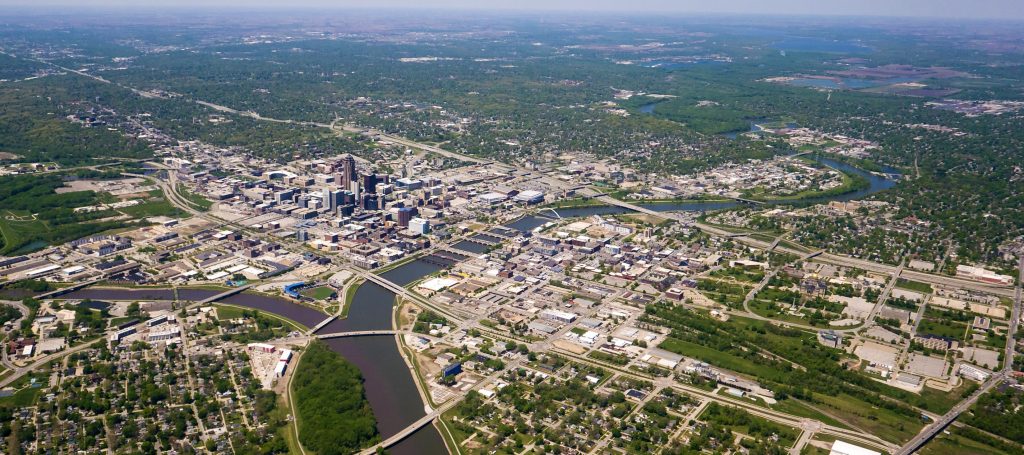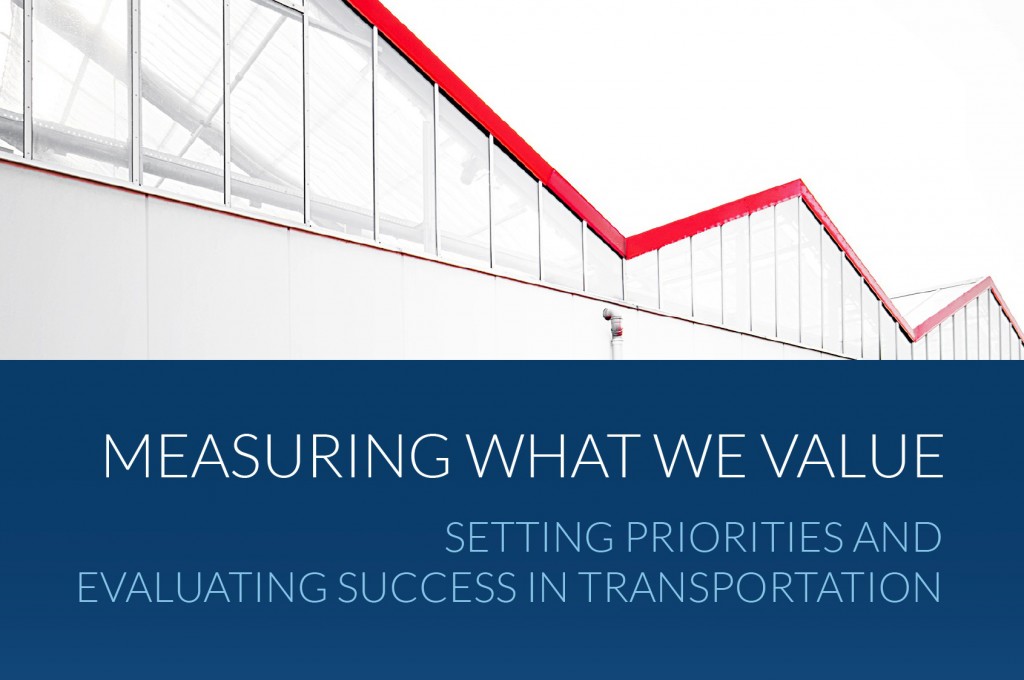
The Des Moines Area MPO wants to make a shift to award funding the transportation projects that do the most to improve the region’s resident’s access to jobs and services. But—like most MPOs and local governments across the country—its budget for the technology that makes this possible is small. It’s time for Congress to help local communities invest in the right projects.
It’s “Connecting people to jobs and services” week here at Transportation for America. All week we’ll be exploring why improving access should be the goal of the federal transportation program—not vehicle speed. This guest post comes from Todd Ashby, CEO/Executive Director at the Des Moines Area MPO, which is trying hard to upend the broken status quo.
No matter how much funding a region has, there will never be enough money for every possible project. In Greater Des Moines, we want to guarantee that we spend our limited resources on projects that will do the most to connect our residents to their daily needs with affordable, efficient transportation.
Last year, Transportation for America came to Iowa to help the Des Moines Area Metropolitan Planning Organization (DMAMPO) do exactly that: create a scoring system to evaluate how proposed transportation projects work to achieve our goals, like improving people’s access to jobs and services (and not just for people driving cars). T4America inspired us to become a national leader in using performance measures to better align our project funding with regional priorities.
To us, improving access to jobs and services is the gold standard for transportation investment, and one of the very best ways to use this relatively new idea of performance measurement. With improving access as our goal—not increasing vehicle speed or throughput— we would prioritize the projects that would do the most to improve our residents’ connections to jobs and services.
But while very possible thanks to cloud computing and GPS, measuring access is expensive. We need data on where trips begin and end, where jobs are located, where people live, and where daily needs are located. This data is incredibly expensive. We also need additional resources and funding for models that help us process this data; the DMAMPO—like most other MPOs—has neither.
Congress could help usher in a new era of picking projects based on how they improve access rather than on outdated 1950s measures like level of service or vehicle delay, but the federal program today is not oriented around this goal, nor around equipping states and metros to do so.
This is why the DMAMPO asked Iowa Senator Joni Ernst to cosponsor S. 654, the COMMUTE Act in Congress. This bill—an acronym for “Connecting Opportunities through Mobility Metrics and Unlocking Transportation Efficiencies”—would create a competitive pilot program at the U.S. Department of Transportation to provide states, local governments, and MPOs with data sets to calculate how many jobs and services are accessible by all modes of travel.
Access to this data would transform how we are able to choose projects, empowering us with far better information to determine which proposed transportation projects would connect the most people to the highest quantity of jobs and services.
For a long time, ensuring high speed of travel within a corridor or minimal delay was a good enough rubric for spending billions of transportation dollars. It’s our goal to do something far better in Greater Des Moines. The COMMUTE Act would be a good start, but Congress can do so much more.





